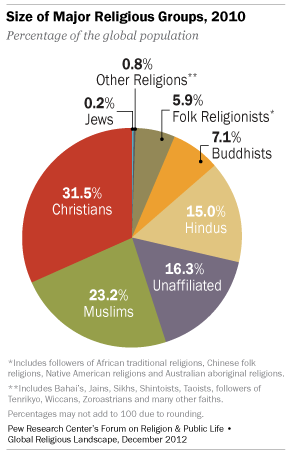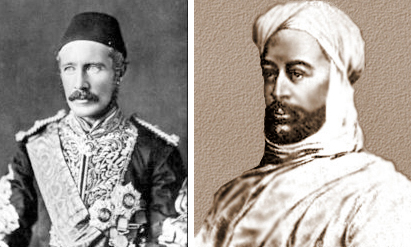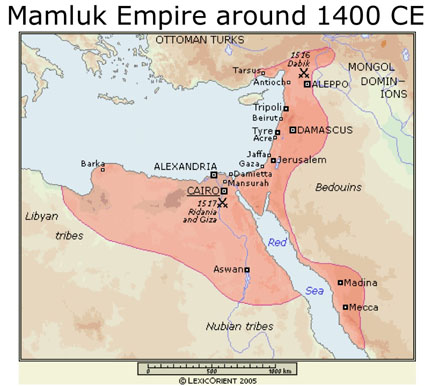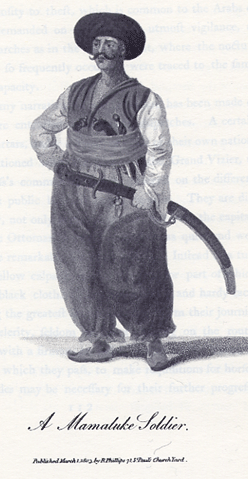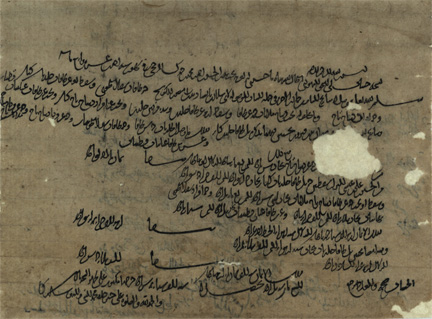
The moral ambiguity of Homeland or Argo is a fitting tribute to the reality of US Middle East policy
by Rachel Shabi, The Guardian, Monday 14 January 2013
America’s Middle East policy has been enthusiastically endorsed. Not at the UN or Arab League, however, but by the powerbrokers of Hollywood. At the Golden Globes, there were gongs for a heroically bearded CIA spook saving hostages and American face in Iran (the film Argo); a heroically struggling agent tracking down Bin Laden (Zero Dark Thirty) and heroically flawed CIA operatives protecting America from mindless, perpetual terror (TV series Homeland).
The three winners have all been sold as complex, nuanced productions that don’t shy away from hard truths about US foreign policy. And liberal audiences can’t get enough of them. Perhaps it’s because, alongside the odd bit of self-criticism, they are all so reassuringly insistent that, in an increasingly complicated world, America just keeps on doing the right thing. And even when it does the wrong thing – such as, I don’t know, torture and drone strikes and deadly invasions – it is to combat far greater evil, and therefore OK.
When I saw Argo in London with a Turkish friend, we were the only ones not clapping at the end. Instead, we were wondering why every Iranian in this horribly superior film was so angry and shouty. It was a tense, meticulously styled depiction of America’s giant, perpetual, wailing question mark over the Middle East: “Why do they hate us?” Iranians are so irked by the historically flimsy retelling of the hostage crisis that their government has commissioned its own version in response.
Zero Dark Thirty, another blanked-out, glossed-up portrayal of US policy, seems to imply that America’s use of torture – sorry, “enhanced interrogation” – is legitimate because it led to the capture of Osama bin Laden (something that John McCain and others have pointed out is not even true). Adding insult to moral bankruptcy, the movie has been cast as a feminist film, because it has a smart female lead. This is cinematic fraud: a device used to extort our approval. Continue reading And the winner is … Islamophobia →
